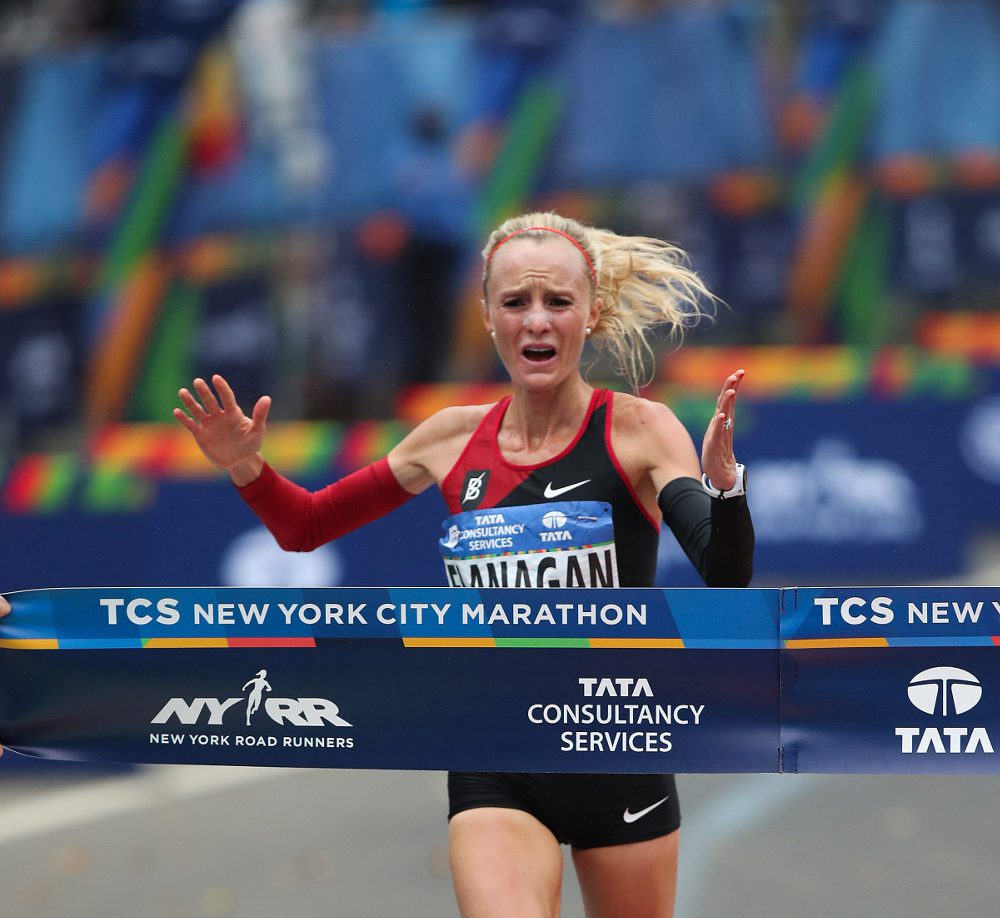The confidence drug: the easiest way to improve performance
You've seen it before: someone who is competing extremely well and just can't lose. This doesn't happen accidentally. It's the intersection of a lot mental and physical training


You’ve seen it before: someone who is competing extremely well and just can’t lose. This doesn’t happen accidentally. It’s the intersection of a lot mental and physical training.
Dr. Penny Werthner, Ph.D., is dean of the faculty of kinesiology at the University of Calgary. She is one of Canada’s most distinguished consultants in the field of sport psychology. We spoke with her on the topic, and asked, “What’s happening psychologically when someone is “on fire”?
Werthner says that performance is most certainly linked to one’s level of confidence. “Whether you want to use the term confidence or belief, it’s that belief or degree of confidence that ultimately impacts an athlete’s physiology and in turn impacts performance.”
When a runner is confident in his or her ability to perform, something changes. Werthner continues, “when you are feeling confident in your preparation, your nervous system is in a more ‘relaxed, it’s not the end of the world’ state, and you run well. Conversely, when we doubt ourselves, are worried and stressed, have thoughts such as “I did not train at altitude and everyone else did” or “what if I don’t run the time standard required?” our sympathetic nervous system kicks in and we breathe faster, sweat more, and our muscles get tight – and it is very hard to perform your best in that state.”
One of the tools Werthner uses to help runners understand this, and ultimately effectively self-regulate physiologically and psychologically, is bio- and neurofeedback. “What we think, and therefore what we feel, affects us. When we get too anxious or too nervous, those thoughts translate physiologically. And sport performance demands, in the end, a physical performance.”

RELATED: Channel your inner Olympian and put these sports psychology tools to the test
The best way to overcome these feelings is to believe in your training. “You have to do the physical work that’s required to compete well,” says Werthner. “Certainly part of that work includes recovery, and psychological preparation. That work, and the recognition of the work, translates to a strong belief in your ability to run well.”

Werthner says that having a plan for each of your races is a huge contributor to success as well. “The mental side of the game is having a plan for racing. You know how you want to run, and you have a plan for doing that, and you know the kinds of things that you might want to say to yourself. It’s about figuring out what works for you.”
RELATED: Runners with depression: you’re in good company
Werthner doesn’t believe the perfect race happens all that often in an athletic career, but when it does happen, it’s the intersection of a number of factors. Confidence is a combination of mental and physical preparation and activation. And when it all does come together, revel in it.
She finishes, “Good physical and mental preparation lead to good results. All of the pieces are critical, and when you work consistently on all of them, you will get your best results.”


